An Introduction to Trapped Ion Quantum Computers
September 8, 2021
Quantum computing has the potential to revolutionize computing, outclassing even today’s fastest supercomputers. However, quantum computing is still on its way to being fully developed.
Quantum Computing Around the World: United States
September 8, 2021
Conceived in the late 1900s and has gradually been developed throughout the recent years, quantum computing remains a novel technology to many of us. Alongside the advancement of quantum computers, the quantum industry is also growing fast.
How Quantum Computing Will Be Applied to Agriculture Within the Coming Years
April 2, 2021
While working with Dr. Nguyen from boltz.ai, one of the first groups in the world using quantum computing to help increase the crop yields of farmers, I got to know a roadmap of how Dr. Nguyen and his team plan on applying quantum computing to agriculture in the coming years.
Boltz.ai Identifies ‘Use Case’ for Quantum Computing in Agriculture
Feburary 14, 2021
Just recently, boltz.ai published a graphic outlining their use case for quantum computers in agriculture on their website. In it, Dr. Quang Nguyen and his team outline the problem: different crops require different resources and nutrients in order to maximise their crop yields. Their solution? To create a system “that helps farmers apply the right crop input sources at the right rate, the right time, and in the right place.”
A New Approach to Machine Learning
Feburary 7, 2021
The current machine learning utilizes software in order to process and store information. The energy usage of this process is extremely inefficient, however, leading to questions of how this process could be sped up.
Quantum Computing in Logistics
December 29, 2020
The quantum computing world continues to display its advantages as quantum computers are applied to more and more areas. Just recently, researchers were able to apply quantum computing to a real world logistics optimization problem which required assigning aircraft to certain routes. The quantum computer, which only had 2 qubits, was able to complete the task, demonstrating that even small quantum computers can be used in the real world.
A Future With Quantum
November 29, 2020
As the quantum world continues to expand and advance, it seems that more and more people are catching onto quantum computing. Just this fall, IBM had released their quantum roadmap for the next couple of years, with plans of having 1,121 qubits by the year of 2023.
A Simple Example of Quantum Interference!
October 29, 2020
Accepted into the Qubit x Qubit quantum computing course and two weeks into the lectures, we learned about quantum computing in the abstract, and how quantum gates affect qubits. I think it’s important to talk about why applying two hadamard gates to a qubit returns the qubit back to its initial state.
Cirq Programming 3: The Deutsch Jozsa Algorithm
August 12, 2020
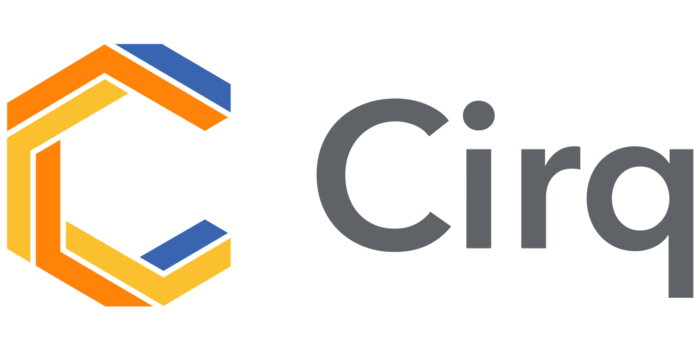
Ok — here goes! In this blog post, I will be explaining a part of chapter 9 of Quantum Computing as a High School Module, the Deutsch Jozsa Algorithm.
Cirq Programming 2: Entanglement
August 6, 2020

I used the Cirq programming language to program entanglement after understanding chapter 7, “Entanglement” of Quantum Computing as a High School Module.
Cirq Programming 1: Single Qubit Gates
August 6, 2020

I used the Cirq programming language to program single qubit gates after understanding chapter 6, “Quantum Gates” of Quantum Computing as a High School Module.
Crop Modeling, Machine Learning, Quantum Computing
July 21, 2020
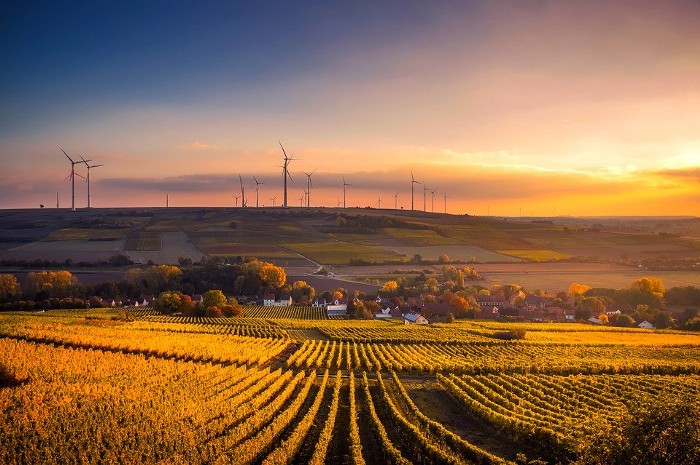
On Monday, July 20th, I had the great honor of talking to Dr. Allard De Wit from Wageningen University, one of the main contributors of the WOFOST crop model. WOFOST is one of the best crop models being used to measure crop yields around the world.
The Application of Quantum Computing in Crop Modeling
July 18, 2020
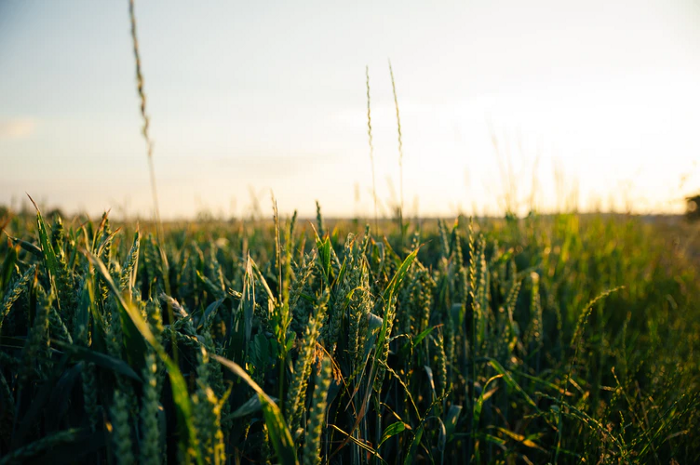
Quantum computing is the future, and as each day passes, we are still discovering new and innovative ways to use this technology. One new place I believe that quantum computing will be a game-changer is in crop modeling.
Why Crop Modeling?
July 14, 2020
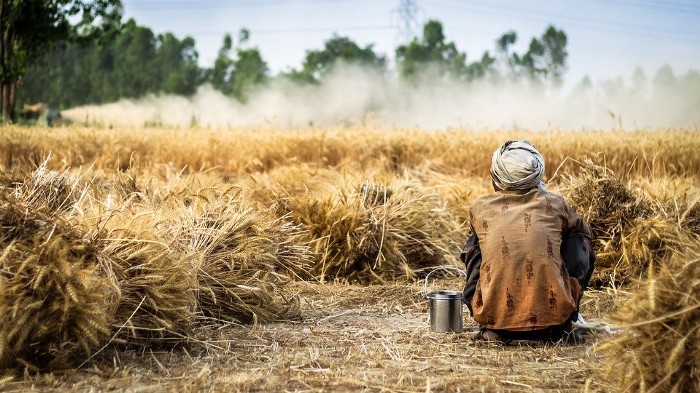
If for one day I could make one topic become the most popular on the internet, I would make it "crop modeling". Because crop modeling can save our planet. Crop modeling is an agricultural tool that will help small scale producers increase their crop yields, and ultimately, help us feed the world.
A Review of the Quantum Computing Course
July 8, 2020

In the past couple of weeks, I have been reading through an introductory course on quantum computing from Cornell and FermiLab (you can check it out here: https://arxiv.org/abs/1905.00282).
Terhune Orchards and Quantum Computers
June 28, 2020
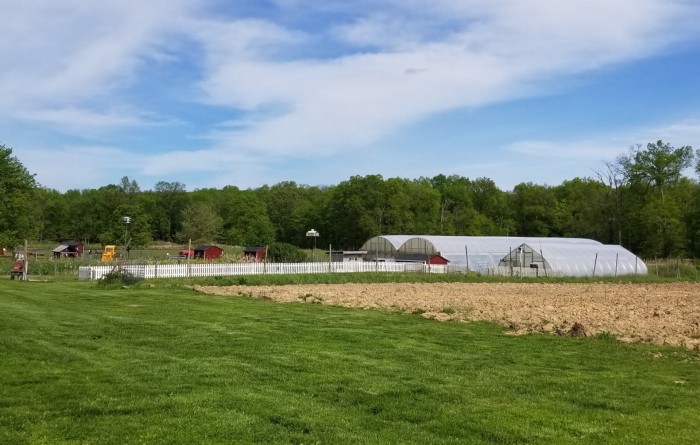
A couple of weeks ago, I submitted a solution, Quantum Mind , to MIT Solve 2020. In the submission, I filmed the pitch at Terhune Orchards. The submission went in the food sustainability category, and involved a revolutionary innovation, quantum computing, as well as satellite connectivity, being used to increase crop yields.
The Future Is Now
June 28, 2020

For the last week, I downloaded a Cornell and FermiLab course about how to be a quantum engineer. The course, Quantum Computing as a High School Module, created by Anastasia Perry, Ranbel Sun, Ciaran Hughes, Joshua Isaacson, Jessica Turner, taught me the basics of quantum computing.